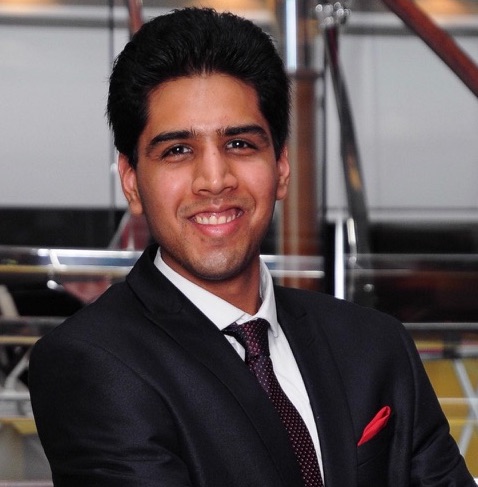Diversifying the Curriculum in Engineering UG Programmes

In collaboration with
Community-based placements in engineering education have the potential to generate benefits for students, universities and communities alike and are increasingly being formally included into the curriculum. This project investigates their framework, impact and outlook through co-creation with students as part of a collaborative study between QMUL and UCL.
Responding to a need
|
Forming strong regional partnerships and engaging with local businesses has become an institutional priority in the higher education sector, particularly within engineering disciplines. One example of this is through community-based placements, which we define as education/teaching-focused partnerships between universities and local communities that form credit-bearing components of the university curriculum. However, existing practice-based literature on placement development and impact has not fully caught up with this trend. We believe scoping work in this area is essential, considering many universities like UCL and QMUL have campuses within underrepresented geographical areas such as London’s East End district. This project therefore aims to generate a comprehensive state-of-the-art review of all aspects of community-based placements at undergraduate and postgraduate taught levels to benefit engineering education: how they are initiated and in what contexts, what their advantages and limitations are and their impact on employability and student experience. The research questions underpinning our scoping study were: 1. How are community-based placements framed and carried out in UK universities? 2. What are the relevant emerging research areas , in and outside engineering education, that should be pursued to improve student and community partners’ engagement and experience? 3. How could university-community partnerships be strengthened through placements?
|
Approach used
|
We adopted a mixed methods approach informed by a qualitative investigation of research literature in the field together with publicly available resources and provisions across other institutions aimed at supporting community-based learning and placements. This data enabled us to map the community- based placements provision across the UK and develop a research agenda to inform future areas of investigation. Our empirical research methods drew on those used in participatory qualitative research and included focus groups, one-to-one interviews and group reflection techniques, to provide us with qualitative data to incorporate a range of perspectives on community-based placements from the following: • Community partners at UCL East and QMUL - one focus group with 10 participants in each institution and 5 interviews • UCL and QMUL staff who focus on community and student engagement - one focus group with 6 participants and 3 interviews • Students who have undergone or are planning to go on community-based placements – one focus group with 10 participants For the participatory co-creation aspect of our project, we engaged current undergraduate and postgraduate students from both QMUL and UCL to work with us as partners by offering 5 Research Assistant (RA) internships to work with each of the three types of participants (student, staff, community) in data collection and data analysis with the aim of further developing an inclusive research agenda.
|
Impact
|
The project team recently took part in the UK & Ireland Engineering Education Research Network (EERN) Annual Conference 2023, hosted at the University of Warwick in June 2023, for which our student research assistants organised and spearheaded a workshop on ‘Enabling the student voice in the design of community-based placements in engineering education’. Our research shows that the concept of co-designing placements is an emerging research area in the field.
|
Recommendations
|
We have also been successful in receiving additional renewed funding for a follow-on project, which will complement and build on the findings of the scoping study. Our future areas of work include the following:
To carry out the follow-on project, we will once again hire student co-researchers to contribute to all stages of the projects. |
